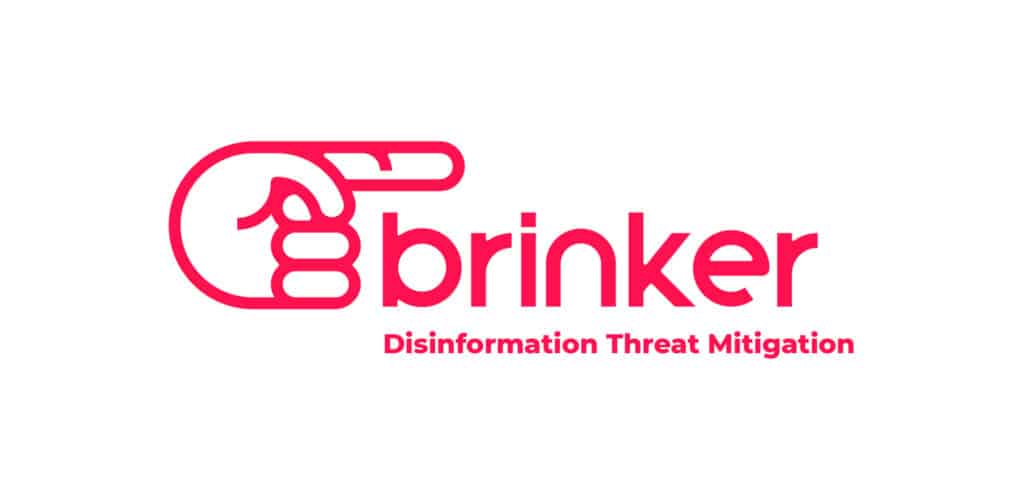It’s ironic that government surveillance might push the public to embrace technology pioneered by the Department of Defense. But so it is: new metrics from The Tor Project show that use of the online anonymity service has exploded since early June: up more than 100 percent, from just over 500,000 global users to more than 1.2 million. Why the sudden surge in privacy conscious Internet users? It would be easy to connect the dots between revelations about the U.S. government’s omnibus data gathering program PRISM and the sudden desire of Internet users to sacrifice some speed and performance for the privilege of having their online doings passed through The Onion Router. Still, it’s not clear that this is the case. To be sure: growth is being seen across the board, not just in active users, but in the number of ToR clients running, the data suggests. There are steep increases […]
Tag: hacking
Social Engineering Behind Syrian Hack Of NYT, Twitter?
How do you take some of the world’s largest online brands offline in a matter of minutes? If yesterday’s events are any guide, you do it by finding a gullible employee at vulnerable, downstream partner that those companies didn’t even know they had. That’s the lesson that appears to be emerging in the aftermath of yesterday’s chaotic tug of war between hackers who claim affiliation with The Syrian Electronic Army and some of the world’s leading online brands, including The New York Times, Twitter and Huffingtonpost.com. The attacks on Tuesday saw traffic to sites owned by those firms directed to web servers controlled by the attackers which displayed messages in support of the regime of embattled President Bashar al-Assad. According to a story in The New York Times, the attackers were able to compromise systems operated by Melbourne IT, an Australian domain registrar used by many prominent firms. With access to […]
Podcast: Made In China, Secured In The U.S.
We’ve written a lot about the threat posed by nation-state sponsored hackers to U.S. corporations and the economy. So-called “advanced persistent threat” (or APT) style attacks against corporate and government networks have been linked to the theft of sensitive data and intellectual property. Difficult as it is to stop APT attacks against networks, it’s even more challenging to identify threats one-step removed from direct attacks. Lately, attention has shifted to vulnerabilities in the supply chain of companies selling networking gear, servers and other critical IT components. Concerns about corrupted products from foreign suppliers were enough to prompt the U.S. Congress to hold hearings focused on the threat posed to government agencies by Chinese networking equipment makers like Huawei and ZTE. In this week’s podcast, The Security Ledger talks with Jerry Caponera, of Cyberpoint International. Cyberpoint is a Baltimore, Maryland firm that sells Prescient, a service that verifies where true vulnerabilities exist […]
SANS’ Pescatore: Security Needs Rethink For Internet Of Things
Our friends over at InfoSecurity Magazine have an interesting interview with SANS’ Director of Emerging Security Trends John Pescatore about security and The Internet of Things. Pescatore gets a somewhat skeptical hearing from the enterprise-focused IT security publication. (“Granted, it’s unlikely that anyone would be sending a car an email with a malicious executable, but that doesn’t mean there aren’t threat vectors for hackers to exploit,” InfoSecurity opines, by way of an introduction. Oh really?) But Pescatore brings a “deep field” view to this topic, noting that the security issues around IoT are already upon us in the spent almost two decades as Gartner’s Obi-Wan Kenobi for security, where he advised companies and technology vendors on the best way to navigate the shifting sands of the IT security space. Speaking to InfoSecurity, Pescatore says the 100,000 foot message is: ‘let’s learn from our mistakes.’ Specifically, that means not looking at intelligent devices, including […]
Updated – Hackout: Philips Smart Lightbulbs Go Dark In Remote Attack
Add lightbulbs to the list of everyday technology that is 1) Internet connected and 2) vulnerable to crippling remote attacks.* Writing on Tuesday, security researcher Nitesh Dhanjani disclosed a proof of concept hack against HUE lightbulbs, a brand of wi-fi enabled bulbs manufactured by the firm Philips. The vulnerability discovered by Dhanjani allows a remote attacker to use her mobile device to control HUE. HUE wi-fi enabled bulbs are sold at Apple stores and allow users to control the function and color of the bulbs using iPhone and Android mobile apps. Dhanjani published his findings in a paper, “Hacking Lightbulbs,” which calls the HUE system of bulbs and a wireless bridge “wonderfully innovative,” but also prone to hacking. The most serious flaw discovered would allow a remote attacker to impersonate a white-listed (or “allowed”) mobile device, sending commands to HUE bulbs that could cause them to turn off or manipulate […]






